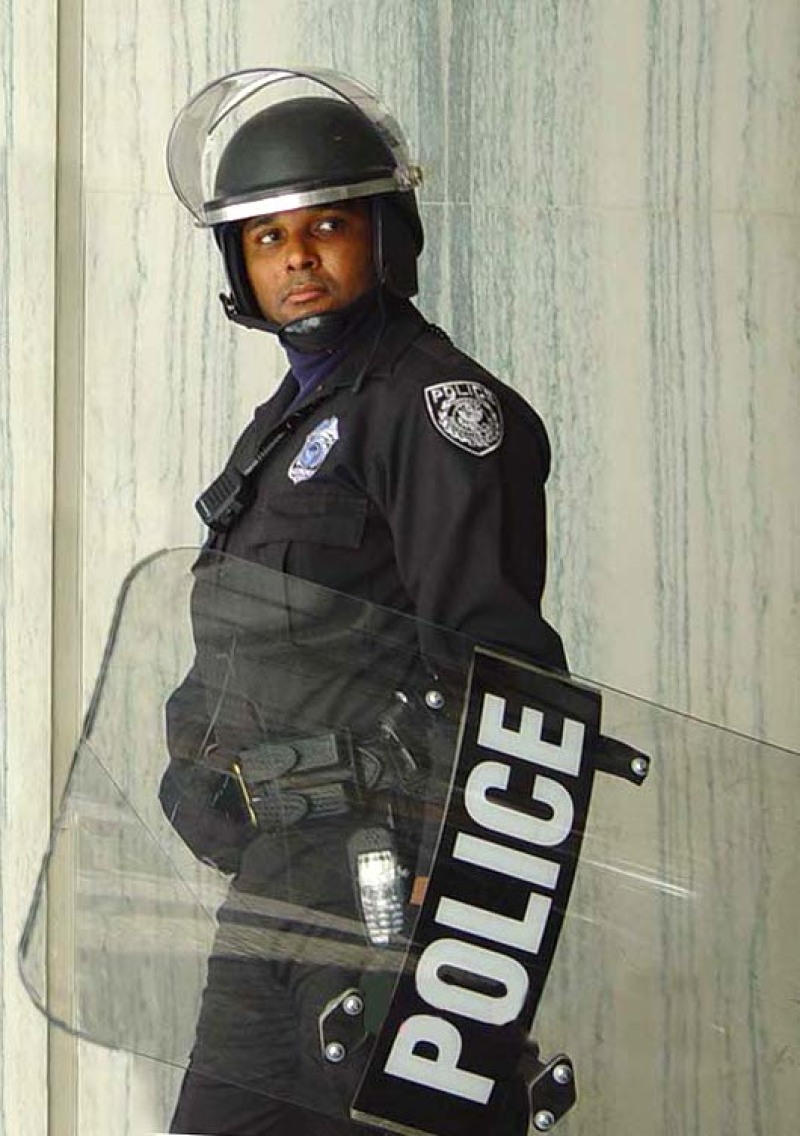

In efforts to curtail conflict between minority communities and local law enforcement, President Obama is calling for increased regulation and monitoring of police activity across the United States.
The recent controversy over law enforcement has urged the President to address the claims of police brutality.
On Monday, President Obama requested $263 million in order to address potential abuse and misconduct by law enforcement in the United States. This budget includes a $75 million project dedicated to equipping officers with body cameras. The plan, which calls for $75 million over three years, proposes 50,000 cameras that will be worn by officers in minority communities. Michael Brown's family advocates the equipping of body cameras by all officers in Ferguson. They argue that the body cameras will aid in the prevention of abuse by law enforcement.
The body cameras would be able to provide more lucid insight to crime scenes, interactions between civilians and officers, and general evidence. But with more than 600,000 police officers in the United States, the body cameras would have a marginal effect on the entirety of law enforcement.
Also on Monday, the President had several meetings with mayors of major cities, law enforcement officials, and civil rights leaders. In these meetings, President Obama discussed ways of improving the relationship between police and minority communities.
Although these actions take place a week after the Grand Jury's decision regarding Officer Darren Wilson, the President claims that the issue is bigger than Ferguson.
"This is not a problem just of Ferguson, Missouri. This is a national problem," he said.
In addition, the President put together a task force that is lead by Philadelphia Police Commissioner Charles H. Ramsey and former Attorney General Office of Justice Programs Laurie Robinson. The task force will analyze the methods used by law enforcement departments around the country who have successfully ameliorated relationships with the community. President Obama expects to receive a report from the task force at the end of 90 days.
Another criticism towards law enforcement is the alleged militarization of the police, primarily through military equipment. The New York Times reports that only 4 percent of the surplus equipment given to police is combat related; most of the supplies are for office and clerical duties.
Though the supply of military equipment is unlikely to decrease, the President plans to increase oversight and proper training in regards to the equipment. The United States opted for the provision of military equipment to police in response to the terrorist attack it suffered back in September 11, 2009. Congress is against changes to the policies of providing law enforcement with military equipment; these policies have been crafted over the past decade in order to outfit local police with the means of combatting terrorism.



















